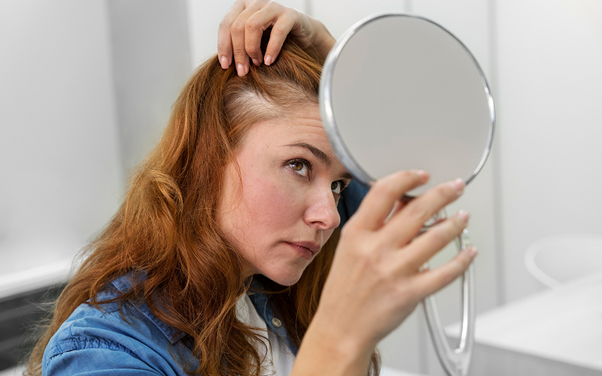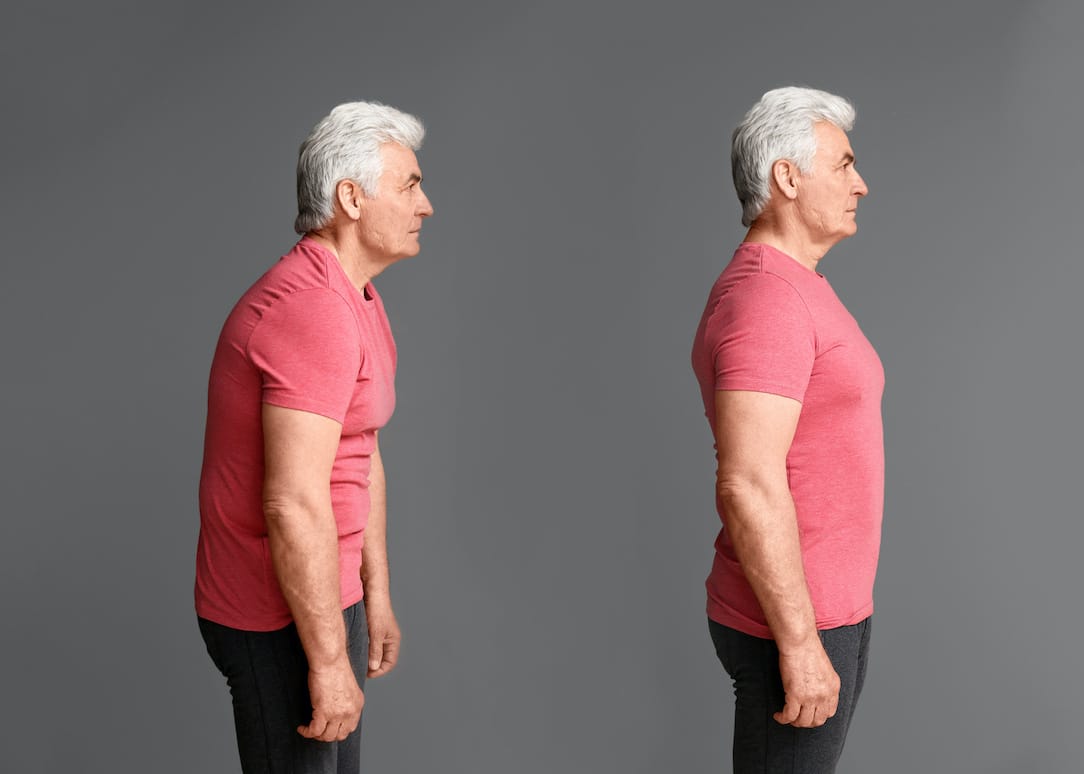
Many people confuse dandruff with a dry scalp because both conditions cause flaking, itching, and irritation. However, understanding the difference is important for choosing the right remedy. For example, if your symptoms are due to dryness rather than dandruff, a targeted dry scalp treatment can make a significant difference in your comfort and scalp health. In Singapore’s warm and humid climate, it’s not uncommon for individuals to experience one or both conditions at different times of the year, often triggered by changes in weather, hair products, or lifestyle habits.
What Is Dandruff?
Dandruff is a scalp condition where excessive flaking occurs due to an overgrowth of a naturally occurring yeast called Malassezia. This yeast feeds on the oils produced by the scalp, leading to irritation and an accelerated shedding of skin cells. Unlike a dry scalp, which produces smaller, white flakes, dandruff often results in larger, yellowish or oily flakes that can be more noticeable on dark clothing. Dandruff is also more likely to be accompanied by an itchy, inflamed scalp.
What Is Dry Scalp?
A dry scalp happens when your skin does not produce enough natural oils to keep it moisturised. This can be due to harsh shampoos, cold weather, or underlying skin conditions such as eczema. The flakes from a dry scalp are typically smaller, whiter, and less oily than those from dandruff. While both conditions cause flaking, dryness often comes with a feeling of tightness on the scalp rather than inflammation. Identifying this distinction is key to preventing unnecessary treatments or incorrect product choices.
Key Differences Between Dandruff And Dry Scalp
The easiest way to differentiate between dandruff and a dry scalp is by looking at the size, texture, and colour of the flakes, as well as the condition of your skin. Dandruff tends to be linked to excess oil production and fungal activity, while dryness is a result of insufficient moisture. It’s also worth noting that dandruff can occur even in people with otherwise oily hair, whereas a dry scalp is more common in individuals with generally dry skin.
Can One Lead To The Other?
While dandruff and a dry scalp are separate issues, prolonged neglect of either can worsen scalp health and potentially trigger other hair problems. For instance, constant scratching from either condition can lead to scalp irritation or minor infections. In severe cases, chronic scalp conditions may even contribute indirectly to hair thinning over time. Understanding these risks can help you take prompt action before symptoms escalate.
Why Scalp Health Matters For Hair Loss Prevention
Good scalp health is a foundation for strong, healthy hair. Chronic irritation, inflammation, or prolonged dryness can weaken hair follicles, making hair more prone to breakage and thinning. Some scalp conditions can even accelerate hair fall and, in certain cases, may be linked to the causes of baldness in males. Early intervention, whether through medicated shampoos, moisturising treatments, or professional consultation, can help prevent long-term damage to hair density and appearance.
How To Manage Dandruff
Dandruff can often be controlled with over-the-counter medicated shampoos containing zinc pyrithione, selenium sulphide, or ketoconazole. These ingredients help control the yeast population on the scalp, reducing irritation and flaking. Regular washing with a gentle shampoo can also help remove excess oils without overly drying the skin. In more severe cases, dermatological advice may be needed for prescription-strength treatments.
How To Manage A Dry Scalp
A dry scalp requires replenishing lost moisture and protecting the skin from further irritation. Opting for gentle, sulphate-free shampoos, reducing the frequency of washes, and using natural oils can help maintain hydration levels. Targeted products designed specifically for dry scalp treatment can provide long-lasting relief and restore the scalp’s protective barrier. Avoiding hot showers and using a humidifier during drier months can also make a difference.
Conclusion
Dandruff and a dry scalp may seem similar, but their causes, symptoms, and treatments differ significantly. Recognising the signs of each condition ensures that you take the right steps to restore your scalp’s health and protect your hair in the long run. Whether it’s controlling fungal growth or replenishing lost moisture, timely care can prevent worsening symptoms and maintain hair vitality. For tailored advice and effective solutions, contact Bee Choo Origin today to address your scalp concerns with confidence.





